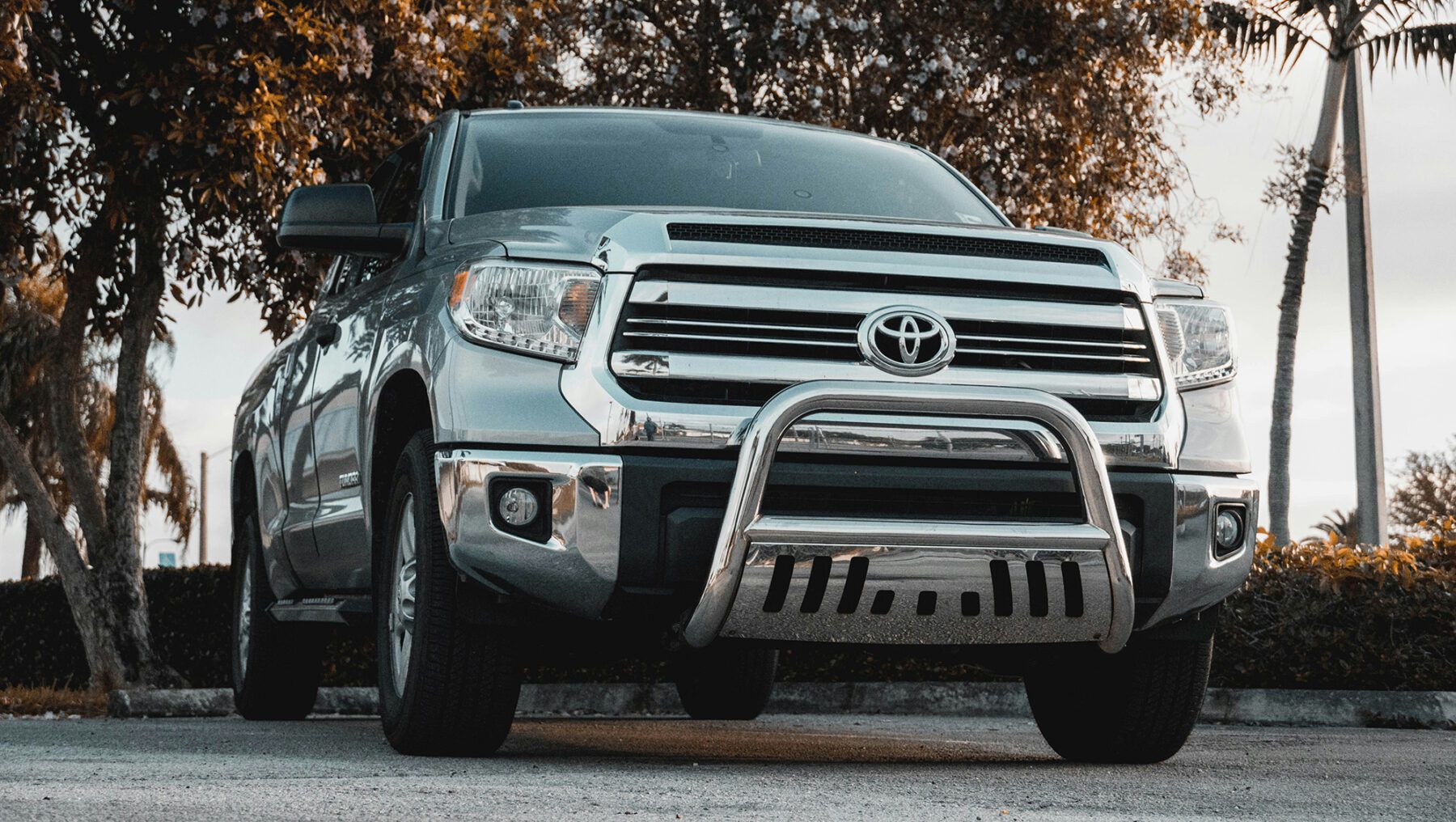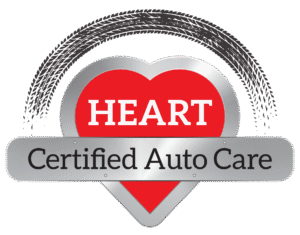Maintenance Tips For Your Toyota Car: Battery Replacement Near Wilmette, IL


Whether your car is electric or not, it needs a battery to function properly. Your car needs it to start the engine and power the electronic accessories like headlights and radio. But just like everything, your car battery has a lifespan and will have to be replaced in the future. You need to learn the best practices to prolonging your car battery’s life because no matter how reliable your car’s battery is, there will come the time when it won’t be able to hold its charge anymore. Below are some maintenance tips to follow before getting a Toyota car battery replacement near Wilmette.
Reasons Why Car Batteries Die
Car batteries have a short lifespan. While some last longer than others, the longest period of time that a car battery can continue functioning properly is about five to six years. At this point, batteries lose their ability to hold their charges. This is the reason why older batteries, particularly those way past their warranty, are unable to generate enough power to start a car’s engine after being left unused even for just one night.
Using a car battery properly allows it to be used for longer. However, some actions tend to drain the battery’s power faster. When a car battery is drained over and over, its lifespan will be shorter, forcing you to get a replacement sooner than you actually need to. To avoid that from happening, here are some things you need to do:
How To Prolong Your Car Battery’s Lifespan
Securely fasten your battery and its connections
First off, make sure that your car battery is tightly fastened and does not move around the mounting bracket. Vibrations can cause damage to your battery’s internal components and wear it out faster. Also make sure that the battery terminals are securely connected to your battery. Inspect this frequently, especially if you drive along rough terrain.
Keep your car battery clean
Corrosion can greatly affect your car battery’s performance. When the battery terminals get corroded, the build-up effectively hinders the flow of electricity from your battery to your vehicle, affecting your travels. Make sure to clean the battery and its terminals from time to time to prevent any corrosion.
Test your battery often
Invest in a car battery tester and use it to check your battery often. When charged and in good condition, your car battery should have a voltage that ranges from 12.4 to 12.9 volts while the car engine is turned off. This charge is enough to start your car’s engine when you need to. If your battery has a charge lower than that, that’s a sign that you might need a replacement soon enough.
Avoid using too many electrical accessories
Next, you should avoid using too many electrically powered accessories in your car. The electrical accessories that come with your Toyota as it is released from the dealership are enough for you to enjoy a comfortable ride. Adding too many aftermarket accessories, like extra fog lights, blinkers, underbody lighting, dashboard-mounted fans, and so on, drains your car battery faster. If you don’t need these accessories, just don’t use them in your car.
Don’t use accessories while the engine is off
This is an absolute must. Your car’s alternator works to charge your battery so that it stays powered up and ready for use. This is important because your car uses a heavy electrical load to start the engine. If your battery doesn’t have enough juice, you won’t be able to start your car. For this reason, you need to avoid using electric accessories, like tire inflators, while your car engine is turned off and the alternator isn’t running.
Limit short trips
Your car’s alternator charges your battery as you drive along. The more you step on the accelerator pedal, the more it pumps harder to supply electricity to your car while charging your battery. Simply put, the more you drive around, the more your battery gets charged.
As mentioned above, starting your car engine consumes a lot of electrical power from your battery. If you start your car and then drive to a nearby destination only, your alternator will not be able to fully charge your battery, and you might have some difficulty starting your engine the next time you go out. Limit short trips and take your car with you only when you are going somewhere that’s not within walking distance.
Turn off all lights
Next, you must remember to shut off all the lights on your car before turning the engine off. This includes headlights, driving or parking lights, signal lights, everything. Many unwanted battery drain issues occur as a result of forgetting to turn off lights after parking the vehicle. If you don’t want the hassle of having to jumpstart your car with some help from friendly drivers nearby, don’t forget to turn your lights off.
To get the best value, seek quotes from multiple reputable service providers and inquire about warranties on both parts and labor.
Maintain your car properly



Properly maintaining your car helps in prolonging your battery’s lifespan. Make sure that your alternator and connected belts are in good condition so that your car will charge your batter as you drive. Inspect your ignition coils and spark plugs to see if they are functioning properly, so that you won’t have to waste electricity over hard starts. By doing these things, and more, you indirectly prevent your battery from being unnecessarily discharged.
Get The Best Battery For your Toyota at HEART Certified Auto Care
Lastly, if you want to have a battery that lasts longer, make sure to buy one that’s of good quality, and is stored in a facility that’s designed for proper storage. Come to us at HEART Certified Auto Care for your Toyota car battery replacement near Wilmette. Our trained and knowledgeable technicians will help you inspect your car, determine if your battery needs changing, give you suggestions for the best battery choices, and replace your battery with your chosen option all in the same day you visit. And we do it all with the intention to give you and your car the best quality service you deserve.







